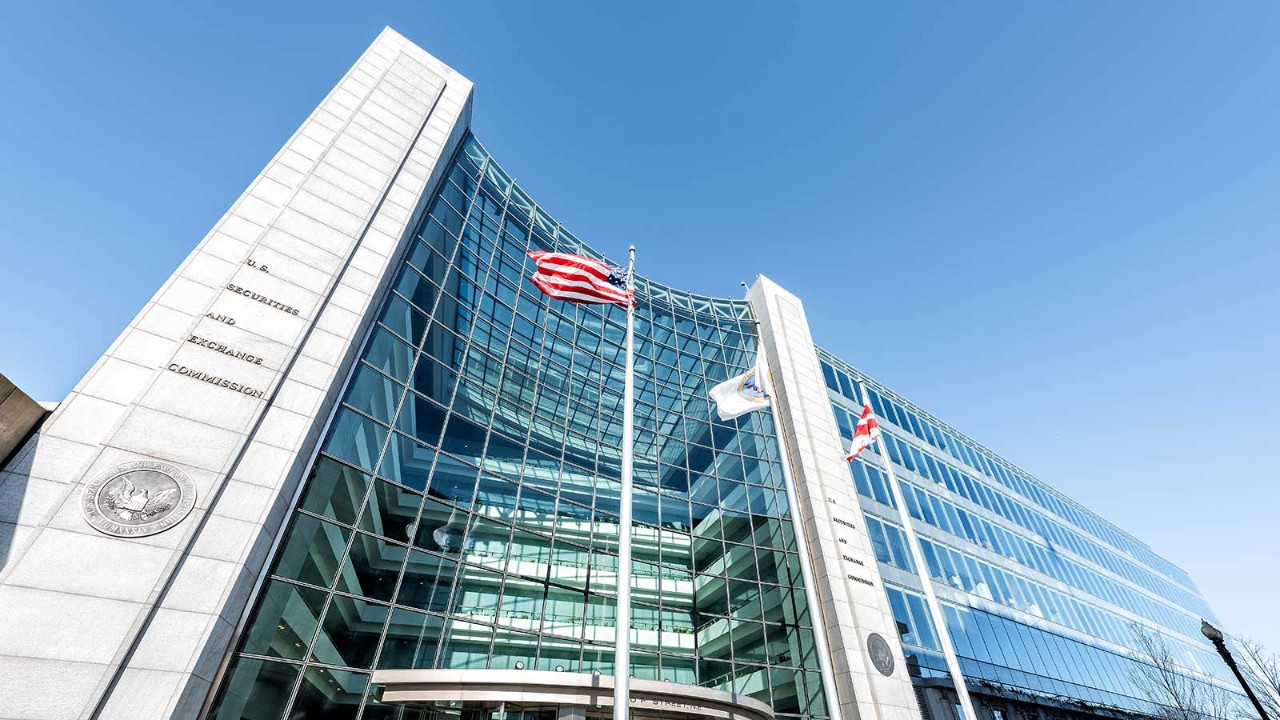
With companies pushing back against demands for environmental disclosures and governments shying away from imposing new regulation, you might think 2024 will be a non-event for climate-related reporting.
That would be a mistake. The first standards developed by the International Sustainability Standards Board – one general, one climate related – and new EU standards under the Corporate Sustainability Reporting Directive are now in place.
However, obstacles remain: the standards await national endorsements and haggling continues in the US over the SEC’s proposals. But listed companies and large private ones should work on the assumption that 2024 is the base year for a step up in their climate-related reporting.
Double trouble
Controversy has swirled around two elements of the new regulations. One relates to legal authority: is the SEC over-stepping its powers in telling managements how to run their companies? Should the UK and other countries automatically accept standards written by unelected technocrats?

Estimate of value that relies on forecasts will be wrong, but is better than not attempting it
These are political questions in a year heavy with elections. For me, the thrust of the rules is traditional: to give investors the information they need to allocate capital. Technocratic standards in financial reporting have served capital markets well.
The other element is more difficult. The new rules (including California’s new Climate Corporate Data Accountability Act) require end-to-end disclosure of Scope 3 emissions of greenhouse gases, from supply chains upstream to end users downstream.
This is more specific than has been mandated by authorities following the TCFD framework. In the UK, for instance, Scope 3 emissions should be disclosed ‘if appropriate’. For high direct and indirect emitters, such as oil and gas companies, it obviously is. Remember that the Greenhouse Gas Protocol, a universally recognised standard, dates back to the start of this century and the first version of Technical Guidance for Calculating Scope 3 Emissions came out in 2013.
Beyond control
The tricky bit is that companies are being asked to measure things they do not control – the use of oil by their customers for transport, for instance. They can, however, re-engineer their products to minimise emissions and create ‘net zero’ alternatives. And they cannot ignore the risk that their products will be legislated out of existence or subjected to rising carbon prices and punitive taxes.
The only certain greenwash is to ignore exposure to climate-related change
Upstream measurement should be easier because supply chains must already be monitored for compliance with laws that range from child labour to bribery.
Lack of direct control over, or even a clear view of, what customers are doing complicates downstream measurement. Industry or geographic averages for emissions from different activities must be used. Ranges of estimates may make more sense than falsely precise numbers. But the only number that makes no sense is none. Every estimate of value that relies on forecasts will be precisely wrong, but is much better than not even attempting it.
Materiality test
The litmus test of the importance of Scope 3 disclosures is materiality. I am weary of reminding accountants that the definition of this is not 5% of pre-tax profits; it is anything that might influence a decision by investors to buy, sell, hold or avoid the stock, or engage with management. It is difficult to put yourself in others’ shoes, so ask them.
The EU’s pet concept of ‘double materiality’ may help. It captures not only the inside-out effect of the company on the environment, but the outside-in impact of the external events and views that will drive future legislation.
My new year’s wish is that companies will embrace these measurement exercises as part of their strategic planning and risk management, and as an opportunity to differentiate themselves in a good way. Some may be accused of greenwashing, but the only certain greenwash is to ignore exposure to climate-related change.


